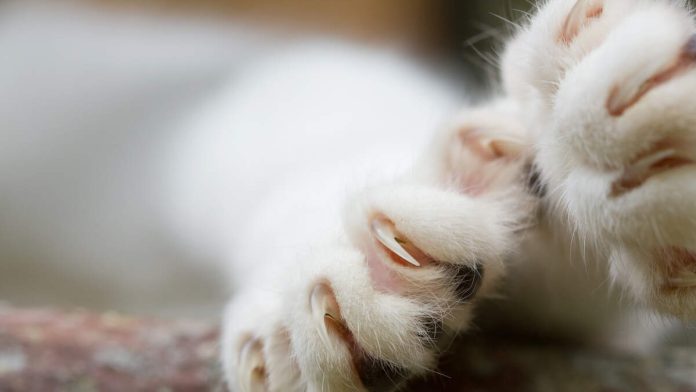LOS ANGELES (CNS) – The city of Los Angeles moved one step closer Tuesday to formally supporting state legislation that would ban cat declawing in California.
In a 4-0 vote, the Animal Board of Commissioners advanced a recommendation to back AB 867. Assemblyman Alex Lee, D-Alameda, and Sen. Scott Wiener, D-San Francisco, introduced the bill in February.
The bill would prohibit a person from declawing or other similar procedures on any cat unless a person is a licensed veterinarian in California and for a therapeutic purpose — which is defined as medically necessary to address health issues in the claws, nail bed or toe bone.
Senate members of the Business, Professions and Economic Development Committee are expected to discuss the bill at a future meeting.
On Tuesday, Los Angeles Animal Board of Commissioners were quick to support the bill, adding that it would also prohibit declawing for unnecessary reasons such as cosmetic or simply for convenience.
Commissioner James Jensvold, a feline advocate, recused himself on advice of a deputy city attorney, citing his involvement with two non-profit organizations that supported the bill.
Jensvold is the assistant director of Paw Project, an organization that aims to end cat declawing, and president of Democrats for the Protection of Animals, a chartered organization within the Los Angeles County Democratic Party. He helped craft legislation to prohibit declawing in Los Angeles and in several other jurisdictions, according to his biography on the Department of Animal Services website.
According to the commissioners, declawing involves an amputation of a cat’s toe bones or severing the tendons that control the toe, which is a surgical procedure that can lead to debilitating health effects. Complications of the surgery can result in hemorrhage, infection and pain.
The procedure has also been linked to behavioral problems such as increased aggression, litter box avoidance and over-grooming.
West Hollywood instituted the nation’s first policy banning cat declawing in 2003. Los Angeles enacted similar legislation in 2009. The state of New York banned the practice in 2019, with Maryland, Massachusetts and Washington, D.C., following suit.
Internationally, Australia, New Zealand, the United Kingdom and Switzerland also prohibit the procedure.

Recent Comments